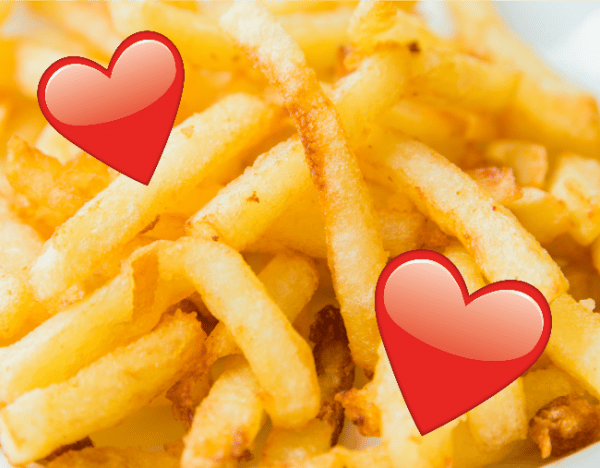Constantly craving hot chips? We’ve got good news.
You’re not the only one – there’s actually science behind those pesky hot chip cravings.
A new study has revealed that our brains are programmed to love and crave foods that are high in both fats and carbohydrates – like a bowl of hot chips, a doughnut or a late-night kebab.
The study involved over 200 people being studied via brain scanners while being shown images of multiple snacks, including fatty snacks, sugary snacks and fat-carb combo snacks.
When shown images of combo snacks like hot chips, the brain’s reward system lit up, indicating that we value snacks like hot chips above all others.
And even when given money to choose their favourite snacks, test subjects were willing to spend more money to get fat-carb combo snacks.


